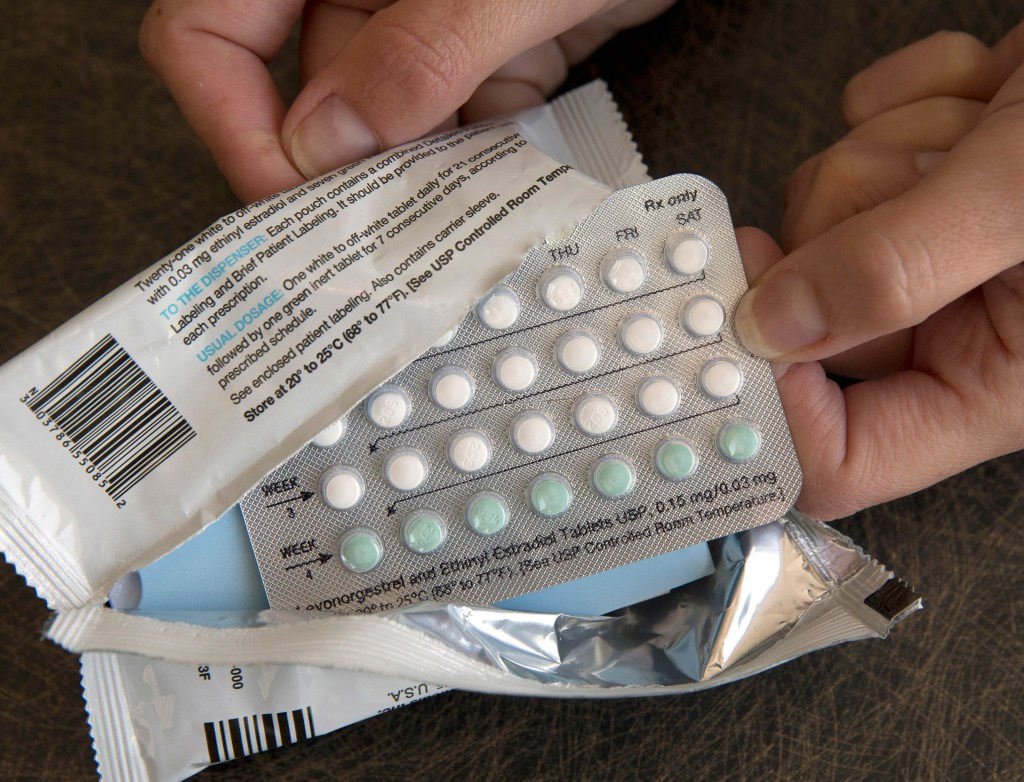Birth control options for men may soon expand beyond condoms and vasectomy, as scientists in the U.S. have developed a male contraceptive pill that has so far proven safe and effective on mice, and looks set for clinical trials in humans as early as this year.
Researchers from the University of Minnesota presented their findings at the American Chemical Society’s Spring 2022 conference in San Diego, California on Tuesday. The pill’s secret—it does not target testosterone, the male sex hormone, thereby cutting the risk of side effects that have so far kept other drugs from landing in pharmacies.
Videos by VICE
“Most female birth control pills work on the female sex hormones,” said Abdullah al Noman, one of the researchers, noting the lack of approved male oral contraceptive on the market.
“[But] targeting the male sex hormone leads to a lot of side effects such as weight gain, depression and increased risk of cardiovascular diseases,” he said. “Men are less willing to take a birth control pill that has significant side effects. That’s why we are targeting a non-hormonal pathway to developing a male birth control pill.”
This non-hormonal contraceptive targets a protein called the retinoic acid receptor alpha (RAR-α), one of a family of three nuclear receptors that bind retinoic acid—a form of vitamin A that plays an important role in sperm formation, among other things.
The researchers found that knocking out the RAR-α gene in male mice made them infertile. Although another study had formulated an oral compound that inhibits all three nuclear receptors, the University of Minnesota team wanted to produce a drug specific to RAR-α to minimise side effects.
The researchers, led by Gunda Georg, Ph.D., found that a compound called YCT529 could inhibit RAR-α alone. The researchers then gave YCT529 orally to male mice over a period of four weeks, and found it dramatically reduced their sperm counts and prevented pregnancy by 99 percent without causing any observable side effects.
Crucially, the male mice became fertile again after four to six weeks of being taken off YCT529.
“That’s very important—that you knock out the target (RAR-α), that you’ve achieved the desired effect but the mice are also viable and healthy,” Georg said. “Of course, you have to be careful with this analysis because they are mice and not humans, but nevertheless the effect was very, very promising.”
The next question, of course, is whether the pill will work in humans without causing side effects. Clinical trials on humans may begin in the second half of the year, Georg said.
The company YourChoice Therapeutics, which now holds the candidate drug’s license, is preparing the documentation and application for approvals from the U.S. Food and Drug Administration, a prerequisite for clinical trials.
Because there’s no way to ensure that a drug that works well in animals would be as safe and effective in humans, Georg said her team is continuing to explore other compounds that could lead to a viable male birth control pill.
Without any available oral contraceptive options, men so far only have condoms and vasectomy to choose from to prevent pregnancies. Condoms, the researchers noted, are single-use and prone to failure, while vasectomies—a surgery to cut the vas deferens that lets sperm cells travel out of the testes to the penis—are considered permanent, with reversal surgeries expensive and not guaranteed to work.
Follow JC Gotinga on Twitter.






